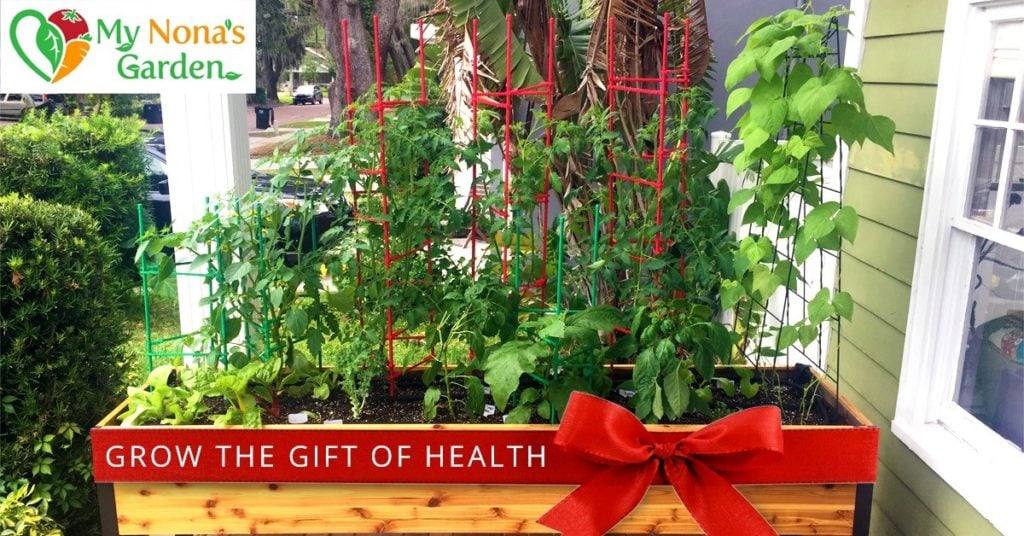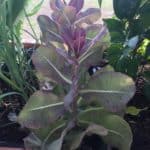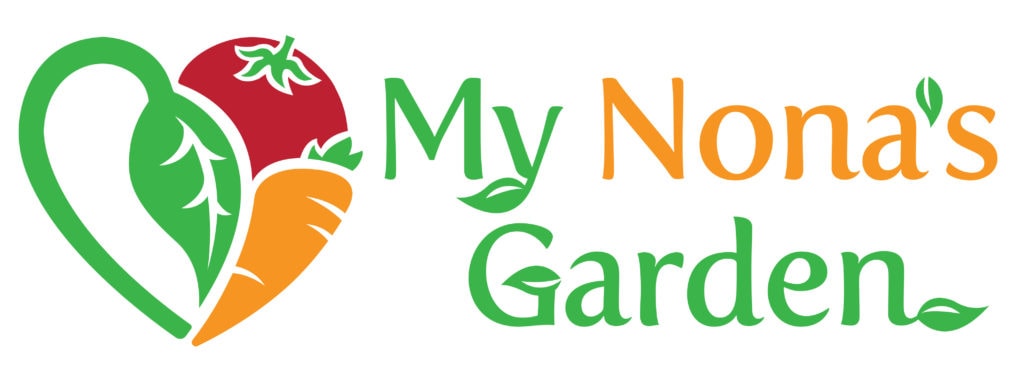
Spring flowers are all around, and with the month of March comes time to plant your spring vegetable garden. Spring planting dates can differ from gardener to gardener, but the basic premise of when to plant is largely determined by the weather. It is safe to plant spring seeds and starter plants once the danger of the last frost is over. This is because tiny sprouts and newly transplanted plants typically die off in a frost or a freeze. Also, spring plants are typically heat-loving and not at all cold-tolerant like the plants left over in the garden from the fall, like broccoli and cauliflower. Can you imagine planting an entire spring garden too early just to have the contents frozen? Historically in Central Florida, which is Hardiness Zone #9b, the last frost is typically in the month of February. Thus, the month of March can be a safe bet to begin planting for the spring. These Laureate Park Community Garden residents are enjoying March planting out in the garden. Just north of us, however, in Zone #8, it’s possible to get a frost or freeze into the month of March, and they may wait until the end of March to begin planting for the spring.
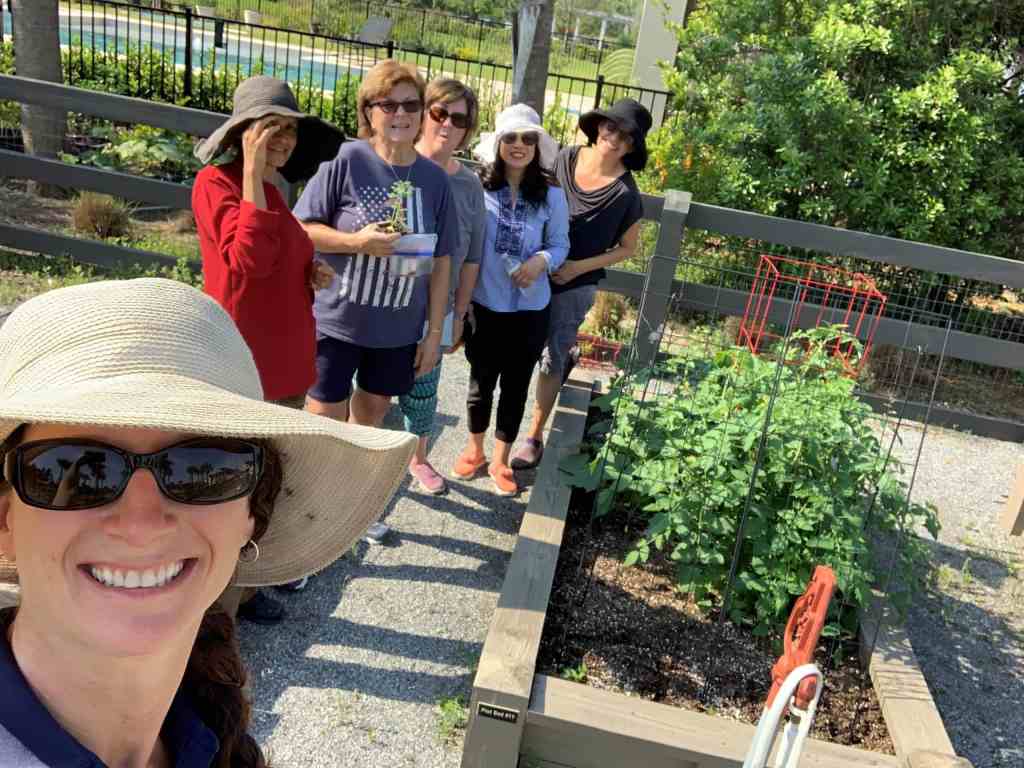
Getting prepared for the spring vegetable garden is quite an exciting time. The first thing to do is to talk to your family or household about what they will enjoy eating from the vegetables that grow well in our region this time of year. Starting with the right plant in the right place will help ensure the success of the yield received from the plant. Then, pick seeds and starter plants based on the hardiness zone. For us, it means plants that are heat-tolerant and pest-resistant. There are many organic varieties of plants that meet these criteria; they are just a little harder to find.
We have a nice variety of seasonal vegetables on the Seasonal Menu tab on MyNonasGarden.com that are good to plant in the month of March. Some of the go-to options are tomatoes, peppers, cucumbers, squash, zucchini, salad greens, and herbs. These plants will thrive from March through June. Then, it just gets too hot for these vegetables once we get into the months of July and August. Be sure to plant some very heat-tolerant plants, like okra, eggplant, Malabar spinach, mint, and rosemary, that can actually keep growing into and through the heat of the summer. This way, you prepare your garden for the spring and summer all in one planting.
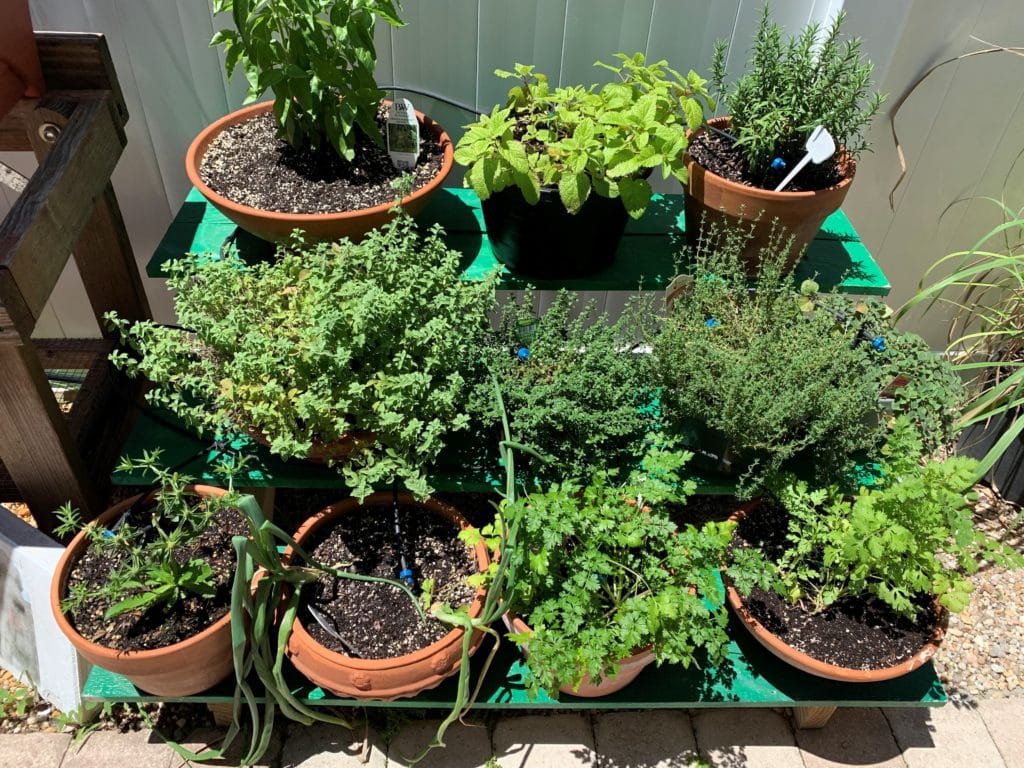
If you have any question about seeds or a plant that you see in the store, the search tool on the University of Florida website can be used to look up a plant and make sure it should be grown in this season and this hardiness zone. Do not assume that since you see the seeds or plants in our local area stores that it is anywhere near the right time to plant them in our region. Unfortunately, not every business is that thoughtful.
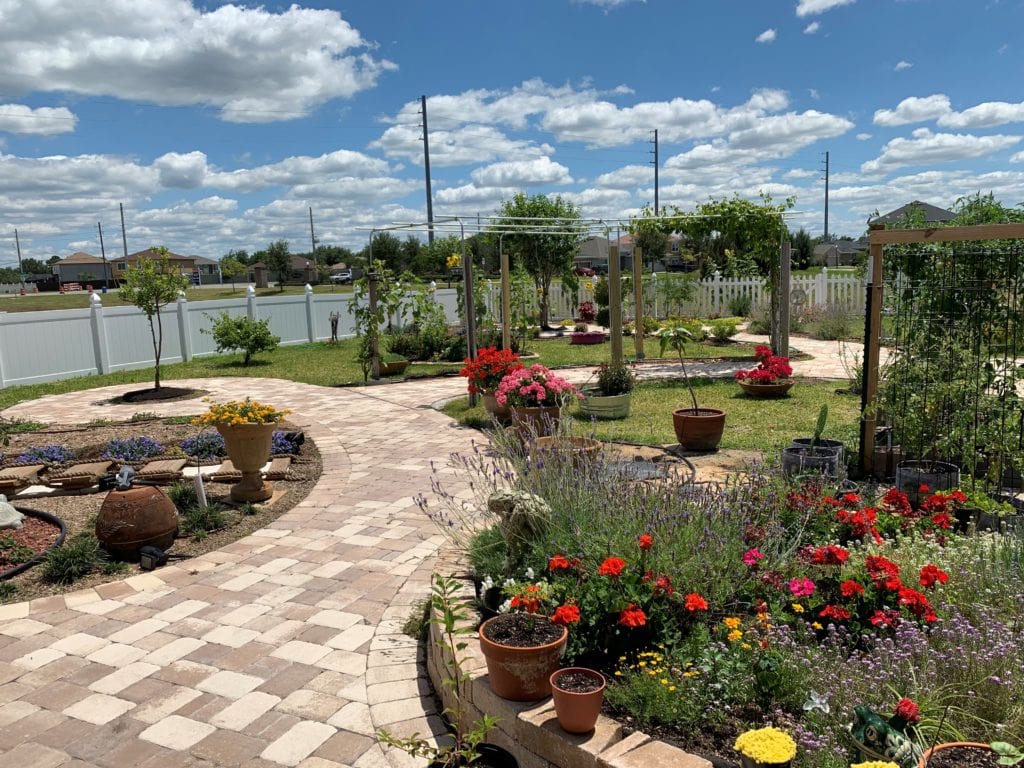
If you already have a garden, a nice way to refresh it for the new season is to amend at least a third of the garden with a new fresh mix. This mix should include potting soil or mix, along with a fresh compost blend to provide a good boost of nutrients. Then, add either perlite or peat moss to help aerate the soil and build up the soil structure. Add a nice, balanced organic fertilizer for a foundation of nitrogen (N), phosphorous (P), and potassium (K) nutrients, as directed on the package. Finally, it’s a great nutrient enhancement to add worm castings to the garden soil. Worm castings help to provide the much-needed micronutrients and good bacteria. The micronutrients act as a catalyst for the plants to be able to absorb the macronutrients: N, P, and K. It’s kind of like eating food with your vitamins so the body can absorb them.
For new gardens, be sure to pick a location for your garden that has a minimum of six hours of direct sunlight and a source for regular watering. These components are key to the success of any plants in your garden. Then, just repeat the recipe for soil listed above to fill the entire garden. Be sure to get out and start your garden therapy this spring season.
Amber Harmon is the owner of My Nona’s Garden, where they sell and service low-maintenance, elevated, organic vegetable gardens. Their mission is to bring health, promote growth, and provide vegetable gardening education to local communities, one garden at a time.
Visit www.MyNonasGarden.com for more information.
“We make organic vegetable gardening easy!”
